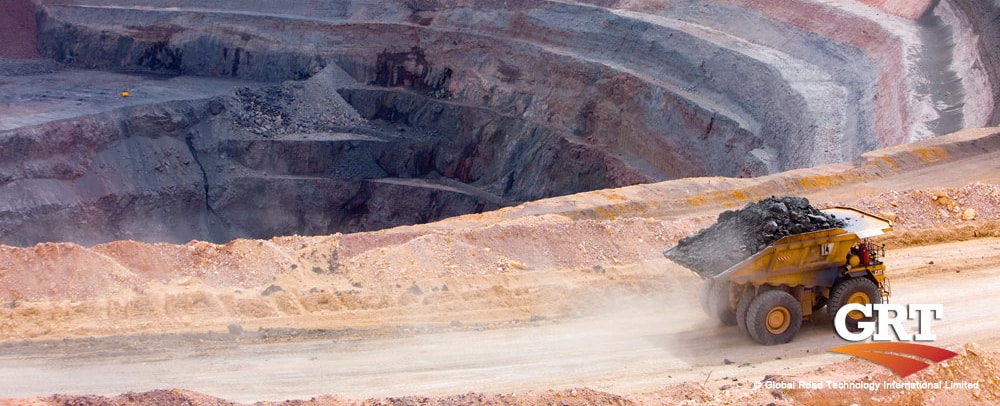
The severity of health problems depends on the type of dust, concentration, exposure duration, the immune system of exposed humans, etc. Apart from disturbing respiratory system processes by mechanical properties of particles, dust also has a negative influence due to its chemical characteristics. Dust can be toxic to a certain extent if it contains metal, PAHs (polycyclic aromatic hydrocarbons), other organic compounds, endotoxin, etc. These compounds can be contained in almost every type of dust: soil dust, construction dust, dust from mines and quarries, etc. The possible precise consequences of dust exposure in everyday life are hard to determine. Therefore, dust control is crucial for human health protection. Besides the impact on human health, dust decreases visibility in traffic and work sites, contaminates surrounding environment, contributes to the deterioration of roads by mitigating from the road surface, etc.
There are different types of dust control systems. The most used one is watering. Water sprays are applied on the surface in certain time intervals. It is necessary to apply more frequent light watering instead of one heavy to prevent occurring of erosion, excessive plasticity and consequently deterioration of road or surface. Evaporation also contributes to a high frequency of required watering which results in the frequent use of machinery and labour and consumption of large amounts of water.
In order to improve the characteristics of water as dust palliative, various chemicals have been added. They have a role to improve wetting and binding properties. The way to improve wetting of material and thus make particles heavy and grounded is to add chemicals that will hold moisture for longer periods. For that reason, sea water is considered somewhat better in dust control than regular water as salts bind water and make it harder to evaporate.
If salt water is not available, alternative solutions are chemicals such as chlorides. Chlorides are also kind of salts and the used compounds are usually magnesium chloride or calcium chloride. However, trapped water eventually evaporates and if relative atmospheric humidity is lower than 70%, chlorides are no longer capable to attract moisture from the atmosphere and thus they are losing their wetting properties.
For improving binding characteristics, the most used agent is ligninsulfonate. The lignin polymers act as cementing material binding the soil particles together. In order to be successful in dust control, ligninsulfonate has numerous requirements: clay presence, low humidity, sufficient fines rate and not too high loose gravel rate.
Although these dust palliatives are widely used, they have sincere drawbacks. Both chloride compounds and ligninsulfonate are water soluble and thus can be washed out due to precipitation. They are also corrosive and consequently harmful to vehicles and machinery.
Traditional dust suppressors enable dust control under very limited and in practice rare conditions. Dust control is necessary in humid and dry regions, in extremely low and high temperatures, and in various types of soils and materials. Having these in mind and noticing that due to climate change it is no longer possible to predict long term weather conditions, Global Road Technologies designed dust control products that are effective in various surroundings. Due to the characteristics of GRT products, dust control lasts longer than when conventional suppressants are applied. They are not water soluble or toxic to the environment. These products are – GRT Haul-Loc, GRT Wet-Loc, GRT Activate, GRT Activate UG and GRT 5000.
For more information regarding Global Road Technology or Dust Control please contact us
Are environmental regulations, health and safety concerns or potential profit loss a concern right now?
Contact Us Now